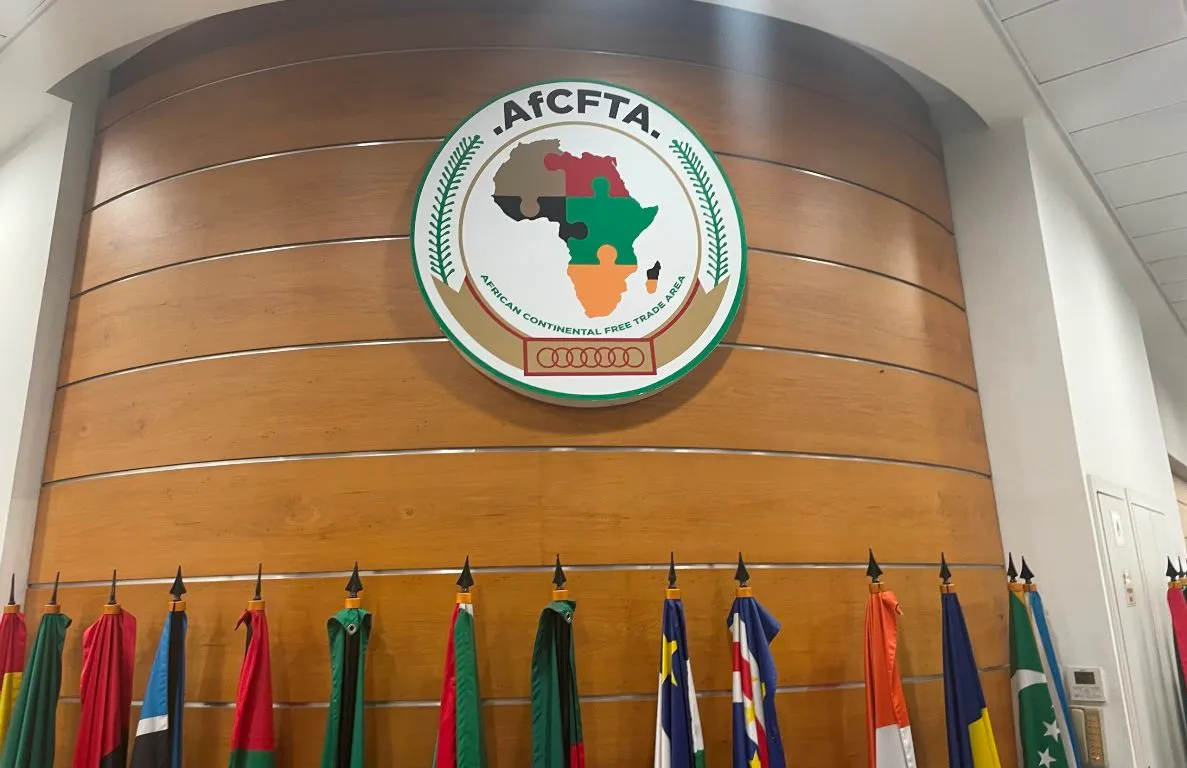Debt servicing costs have become a burden for Nigeria’s federal government, consuming a staggering 74% of its retained revenue in the first quarter of 2024, according to the latest data from the Central Bank of Nigeria.
The federal government’s retained revenue for this period amounted to N1.76 trillion, marking a notable increase of 33.8% from the previous year’s N1.32 trillion. However, despite this increase, the government spent N1.31 trillion on debt servicing alone, underscoring the severe strain on its financial resources.
This significant allocation to debt servicing, which constituted about 74% of the federal government’s revenue, reflects ongoing challenges in managing Nigeria’s substantial debt obligations amidst limited revenue generation. While debt servicing remains a critical priority, accounting for a substantial portion of expenditures, it only constituted about 29% of the total expenditures during the period under review.
Comparatively, personnel costs amounted to N1.15 trillion, indicating an increase of 17.1% from the previous year. In stark contrast, capital expenditure plummeted by 35.9% to N1.15 trillion, down from N1.8 trillion in the same quarter of 2023. This reduction in capital expenditure is concerning as it suggests a decline in investments crucial for infrastructure development and long-term economic growth.
Nigeria’s fiscal deficit also saw a significant decrease of 29%, dropping from N3.96 trillion in Q1 2023 to N2.83 trillion in the same period this year. Despite this reduction, the high debt servicing ratio remains a critical challenge, reflecting the nation’s ongoing struggle to manage its debt in a sustainable manner.
The escalating debt service costs have broader implications for Nigeria’s economic stability and development trajectory. With debt servicing consuming a substantial portion of government revenue, there is limited room for critical investments in infrastructure, education, healthcare, and other essential sectors.
This imbalance underscores the urgent need for strategic economic reforms aimed at boosting revenue generation, reducing dependency on borrowed funds, and improving fiscal discipline.
Moreover, Nigeria’s total public debt recently surged to N121.67 trillion (approximately $91.46 billion) as of March 31, 2024, driven primarily by naira devaluation. This represents a significant increase from the N97.34 trillion recorded at the end of 2023, highlighting the rapid accumulation of debt within a short period.
The World Bank has expressed deep concern over the escalating debt service costs facing developing countries like Nigeria, emphasizing the potential for economic distress if immediate actions are not taken. The combination of high debt levels and rising interest rates poses substantial risks, necessitating prudent fiscal management and policy adjustments to safeguard economic stability and promote sustainable growth.











